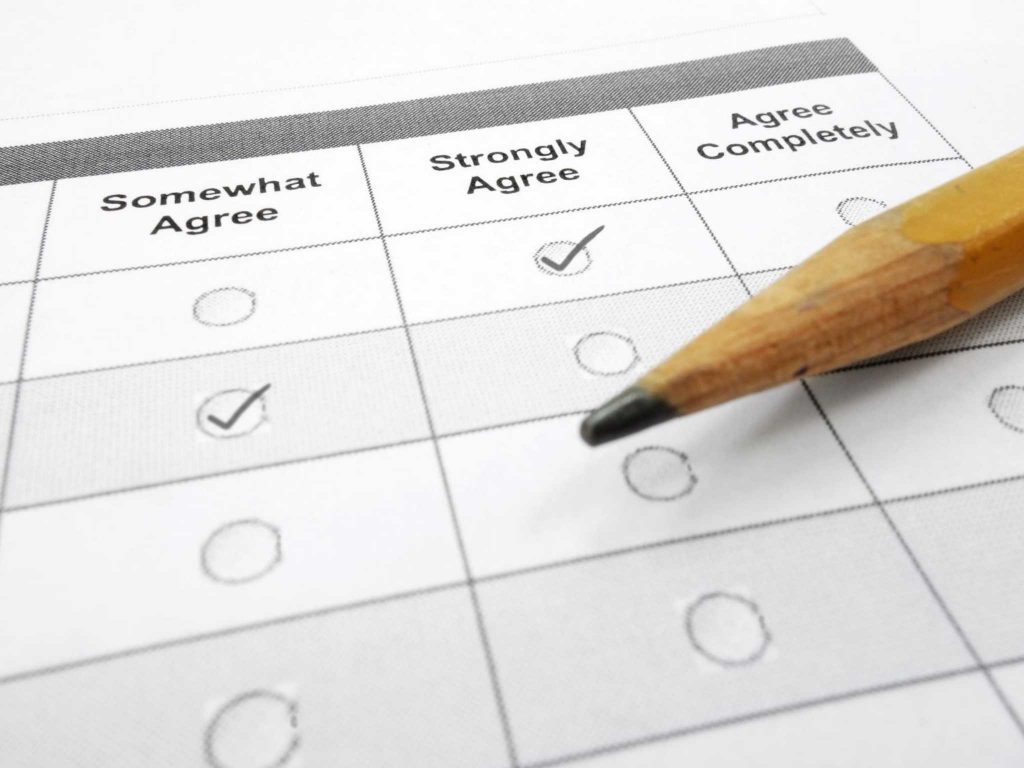HCAHPS (Hospital Consumer Assessment of Healthcare Providers and Systems) is a standardized survey designed to collect subjective data from discharged patients that is used as an objective comparison of hospitals.
HCAHPS is a great way to incentivize hospitals to improve their quality of care as well as increase accountability through transparency of healthcare delivery.
The Deficit Reduction Act of 2005 made participation in HCAHPS a requirement of eligibility for financial reimbursement to healthcare facilities through the Inpatient Prospective Payment System (IPPS) annual payment update provisions.
16 years later, HCAHPS now takes the business-based approach for healthcare provider organizations – by itself, do you think it provides a genuine reflection of who the provider is and how they deliver healthcare?
Although the Centers for Medicare & Medicaid Services (CMS), the Agency for Healthcare Research and Quality (AHRQ), and the Hospital Quality Alliance all champion HCAHPS as being a credible, useful, and practical tool, there are no questions within the survey that cover dealing with two very important aspects of healthcare from a patient’s perspective:
- Was your illness or reason for admission to the healthcare facility resolved or significantly improved at discharge?
- Was the cost of your care discussed and explained fully and to your understanding?
How can patients rate a healthcare facility on something as important as the delivery of quality of care they received when the credible tool ignores essential components of ‘quality’ in its data collection? As a provider, this makes me question HCAHPS.
The American Society of Quality (ASQ), of which I am a proud member, quotes Joseph Juran regarding the definition of quality. Juran believes quality is when “a product meets customer needs leading to customer satisfaction, and quality also means all of the activities in which a business engages in, to ensure that the product meets customer needs.”
Humans, especially sick humans, have many needs. Does HCAHPS measure these needs effectively? Within the spectrum of healthcare needs, have the designers of HCAHPS created a system that measures why humans go to hospitals in the first place? As a standalone data collection tool, I do not think so.
If you rate healthcare needs, it will be questionable at best if you do not place the return to a healthy state, the resolution of or significant reduction of illness symptoms, or the overall successful treatment of why you presented to the healthcare facility in the first place at the top of your list.
Despite each of the 20 or so subjective HCAHPS data points having merit of some sort, I do not believe that they encompass a healthcare provider’s delivery of quality of care all together.
Consider how easily the responses from a discharged patient could be globally altered due to the subjectiveness of the survey questions. For example, “how often did the hospital staff do everything they could to help you with your pain?” or “During this hospital stay, how often was the area around your room quiet at night?”
This is significant due to the published multi-faceted problem of hospital sleep deprivation and how the widely accepted process of Hourly Rounding may be a contributing factor.
HCAHPS may be inadvertently measuring how an initiative to increase patient satisfaction may actually be lowering it.
A listing of the 2021 HCAHPS question set for your review can be accessed by visiting AlwaysCulture.com.
In conclusion, the CMS Hospital Compare offers HCAHPS and various other data points aimed at a more comprehensive side-by-side comparison and rating of healthcare facilities. Major headings of data on the CMS site include:
- General information
- Survey of patients’ experiences
- Timely & effective care
- Complications
- Readmissions & deaths
- Use of medical imaging
- Payment & value of care
As a clinician, patient, family member of a patient, or a curious consumer, I urge you to visit the CMS Hospital Compare site, take the time to learn the information it offers, and use it on your journey to discover more comprehensive evaluations of available healthcare quality and value. It will truly make all the difference.





